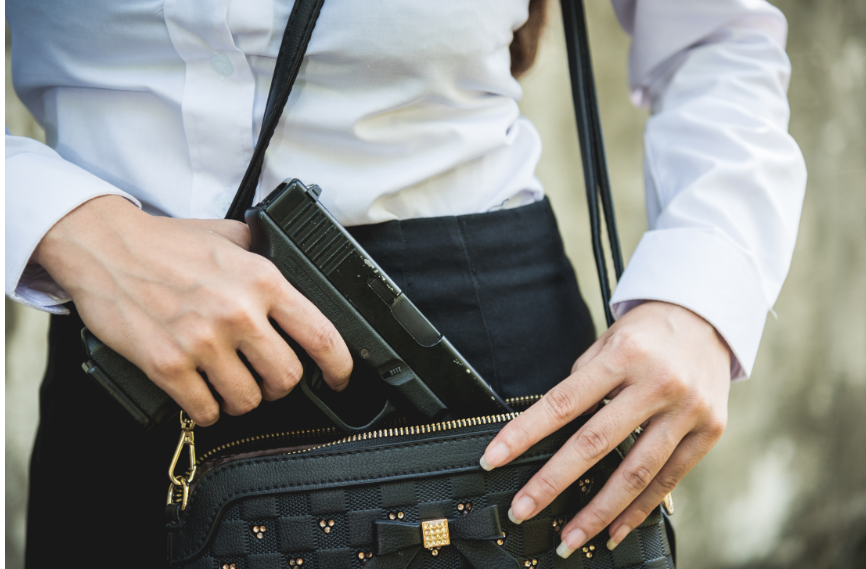Lazaro Aleman
news@greenepublishing.com
Come July 1, constitutional carry or permitless carry – the ability to carry a concealed weapon without a permit – becomes law in Florida.
This means that folks can carry a legally-owned weapon almost everywhere in public or in their vehicles without the need of a permit or training so long as it’s concealed. Legally-owned is the other operative word here, as the term carries certain restrictions.
Places where guns continue to be prohibited include airports, courthouses, government buildings, law-enforcement offices and stations, higher and lower learning institutions and places where alcoholic beverages are sold for on-premises consumption.
Another caveat is that the law allows only the carrying of concealed weapons; it does not allow openly carrying a gun in public. Florida, in fact, is one of five states that does not allow open carry, even for those holding licenses; the only exception is for legal hunters.
Still also prohibited in Florida are fully automatic weapons or machine guns, short-barreled rifles and devices such as bombs, grenades and similar items containing an explosive, incendiary or poison gas.
The new law basically does away with the concealed-weapon license and the requirement that a concealed-weapon carrier must first demonstrate competence by completing a firearms training course that includes firing a gun in front of an instructor.
The new law leaves training to the discretion of the gun bearer. The bill, however, allocated $1.5 million to the Department of Law Enforcement (FDLE) for distribution to local law enforcement agencies in the form of grants so that the latter can set up firearms training programs.
The new law does not do away with the criteria that comes with legal firearm possession. This means that individuals must be U.S. citizens; be 21 years of age or older, unless they are in law enforcement, corrections or military service; carry valid identification; and not be convicted of a felony, be dishonorably discharged from the military, adjudicated mentally incapacitated or have been involuntarily committed to treatment or be convicted of a domestic violence misdemeanor or other state-recognized disqualifying condition.
Nor does the legislation change other existing state and federal laws, including the requirements for background checks on gun purchases and the three-day waiting period, which some cities and counties may extend to five days
The new law also does not do away with Florida’s concealed weapons permitting program, should an individual still choose to go this route. If a person chooses to get a concealed-carry permit, however, it will require going through the appropriate training and paying the cost of the permit, which is $97 for new applicants and $55 for active law-enforcement officers.
In fact, it’s advised that individuals acquire the permit if they plan to travel to other states that require a concealed weapon permit and have reciprocity agreements with Florida.
The Madison County Tax Collector’s office does not issue concealed weapons permits. Residents wanting to acquire such a permit must do so at authorized tax collector offices in Perry, Live Oak, Crawfordville or the Florida Department of Agriculture and Consumer Services regional office in Tallahassee.
Also, non-state residents may carry concealed weapons without a permit in Florida, provided that they meet the state’s age and other requirements for gun-ownership.

